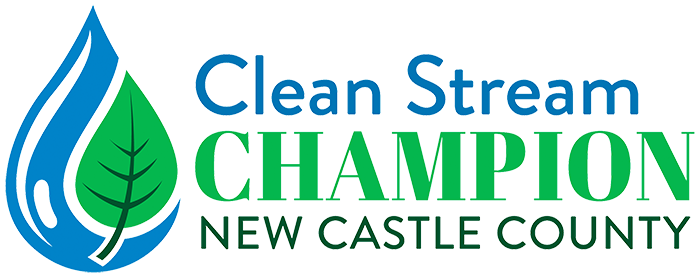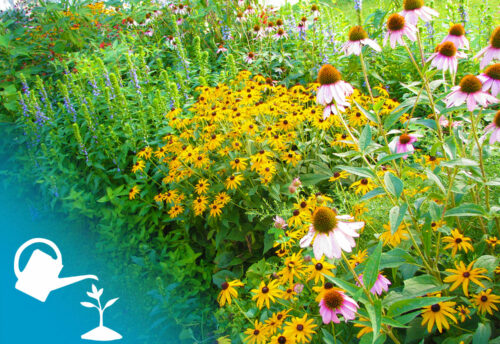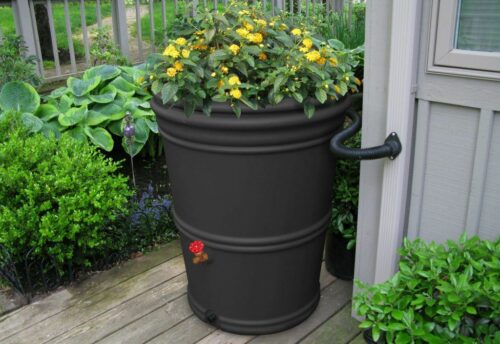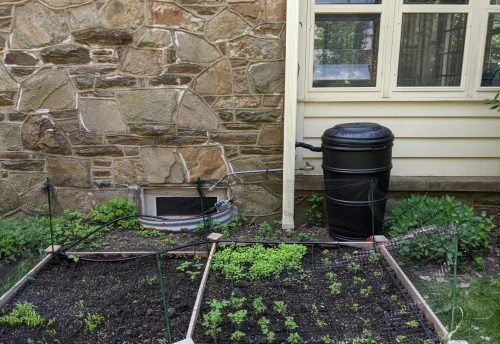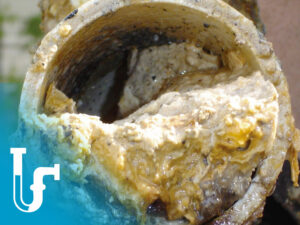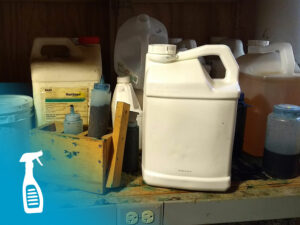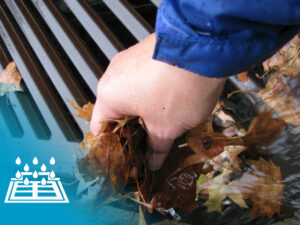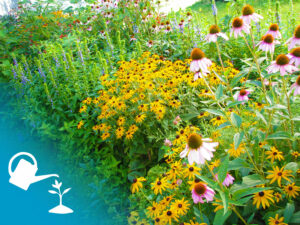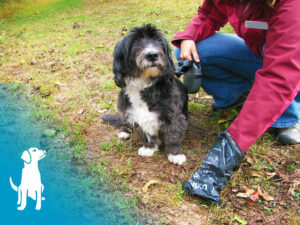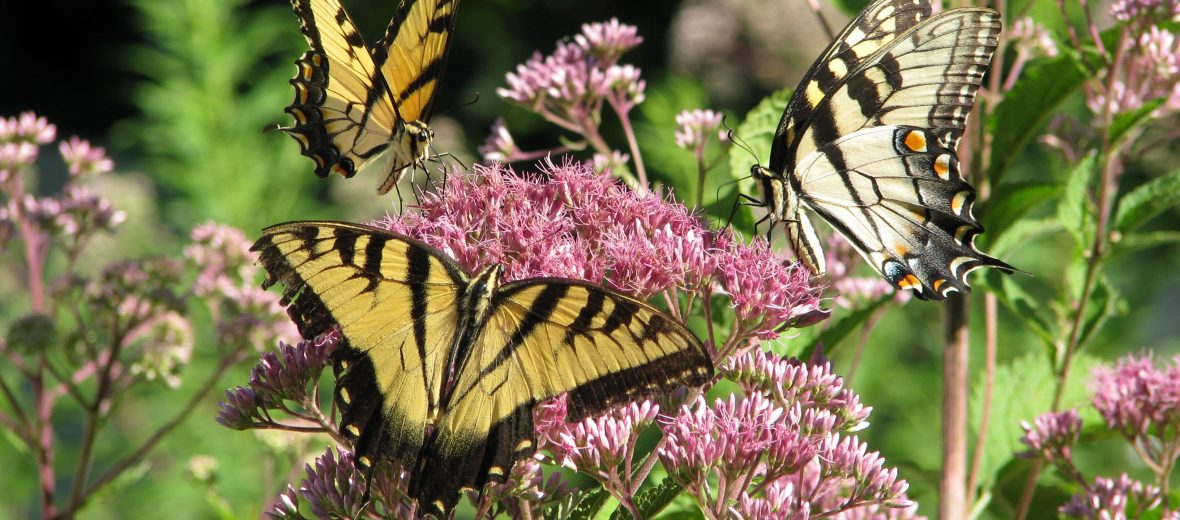
Spring has sprung and for many people that means long afternoons mowing the lawn, pulling weeds, prepping your garden, and/or planting new flowers to brighten up the yard. Tending to our outdoor spaces can take a lot of maintenance, but luckily we have a few tricks and tips that can help make it easy to Garden for Water and Life.
Plant natives. Native plants – plants that originated in this area – support both water and life. These plants thrive in our climate and are easy to grow and care for without using extra water or chemicals. This takes some of the guesswork out of your plant care routine.
Not to mention, these plants also improve water quality by filtering pollutants, absorbing excess water with their deep roots, AND providing food for birds, butterflies, and pollinating insects. This spring add some low-maintenance and beautiful additions to your garden (hello cone-flowers!) and sit back and enjoy the show!
Fertilize in the fall. If necessary, fertilize lawns in the fall, not the spring! Lawns start to concentrate on growing new roots and grass plants when the weather gets cooler – not as the temperatures start to spike. When you fertilize in the fall, you’re setting yourself up for success in the spring. Still have questions? I did. Check out Delaware Livable Lawns for other tips and help understanding when, where, why, and how to fertilize.
Buy a rain barrel. Or, install the one you bought through New Castle County’s discount rain barrel program! Rain barrels are a great way to store rainwater and roof runoff to water your lawn and non-edible plants. They help reduce flooding and water pollution and help make you look like a gardening pro to all your friends, family, neighbors, and potential love interests.
If you don’t want a rain barrel, consider creating a downspout garden instead. Direct your downspout into a shallow depression planted with native plants. Reduce flooding and polluted runoff while supporting wildlife.
Reduce chemicals. Most yard chemicals, including herbicides, fertilizers, and pesticides, aren’t needed and the excess runs off your lawn and into the waters that we use for drinking and for recreation. (Who wants their pets or family splashing around in lawn chemicals when playing in the creek, right?)
Mosquitoes are a pain, but pesticides don’t have to be the answer. Installing natural solutions that attract predators (think birds, dragonflies, and toads) and manually removing pests is usually more effective, not to mention safer, than pesticides that harm bees, butterflies, and songbirds.
Pledge to be a Clean Stream Champion. Along with Gardening for Water and Life, there are just four other easy actions you can take to improve water quality in New Castle County:
- Scoop the (Dog) Poop
- Only Rain Down the Storm Drain
- Reduce Household Chemicals (without pesticides and herbicides you’re already on your way!)
- Cease the Grease
Pledge today and be entered into our quarterly prize drawing. You might even win some native plants!
Sit back, relax, and let nature work in your yard this spring.
